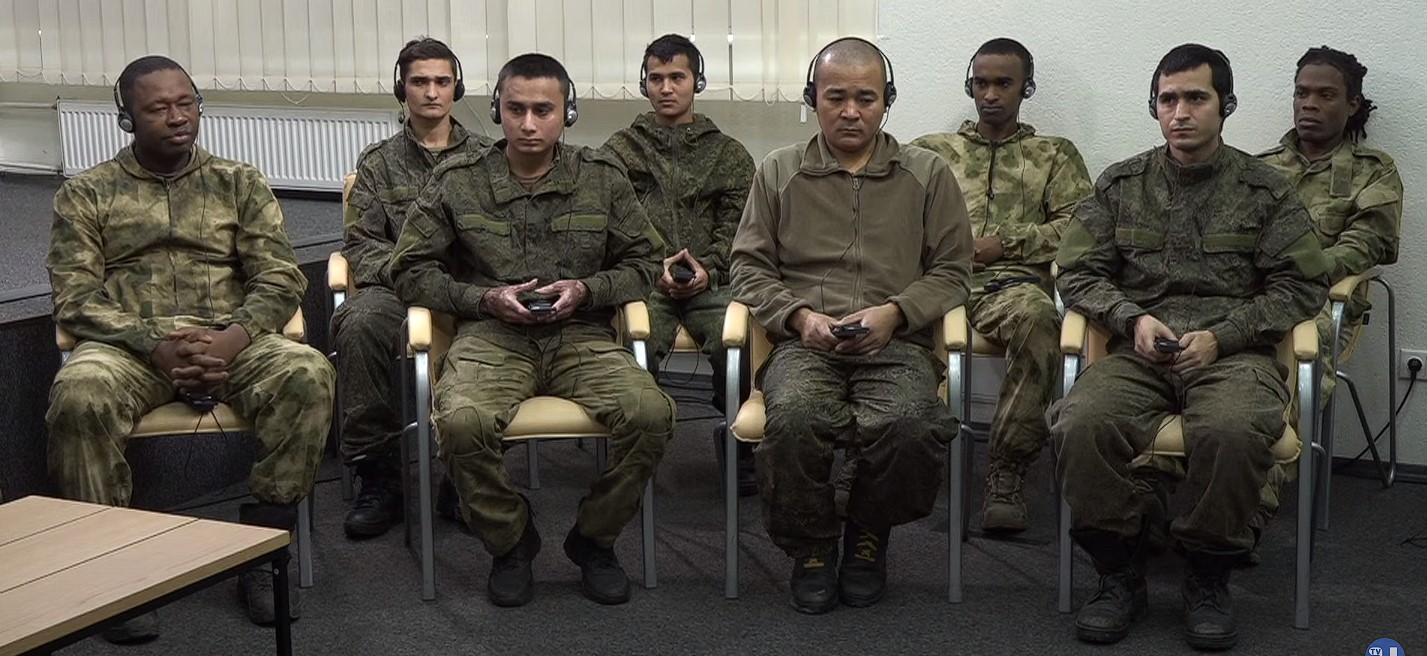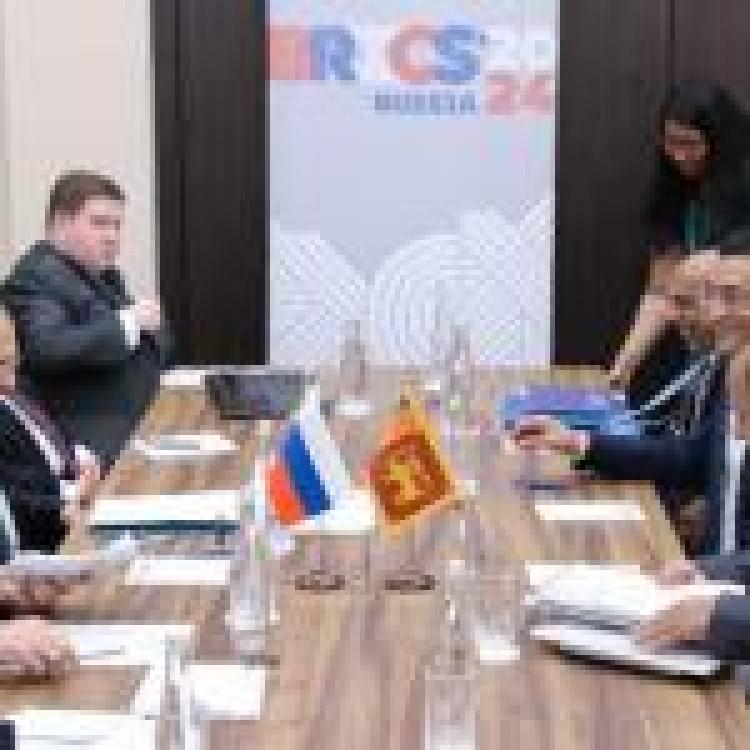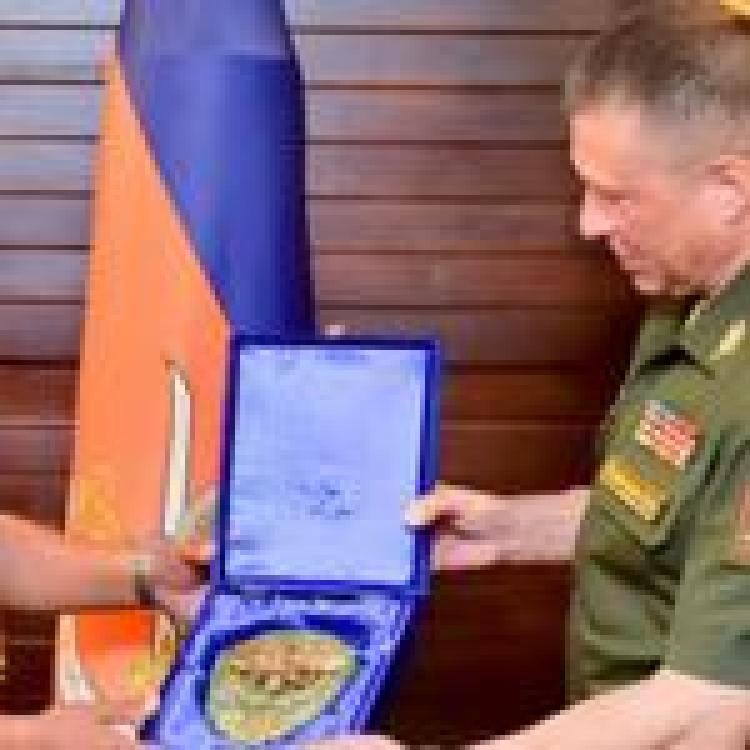
Russian POWs held by Ukraine.
The Russian government announced an early release of all Indian citizens fighting in its army, according to India’s foreign ministry, following discussions between Prime Minister Narendra Modi and President Vladimir Putin during a visit to Moscow.
Indian Foreign Secretary Vinay Kwatra said at a press briefing that Modi had "strongly raised the issue of early discharge" of Indians who had been "misled into the service of the Russian army”.
The Russian government announced an early release of all Indian citizens fighting in its army, according to India’s foreign ministry, following discussions between Prime Minister Narendra Modi and President Vladimir Putin during a visit to Moscow.
Indian Foreign Secretary Vinay Kwatra said at a press briefing that Modi had "strongly raised the issue of early discharge" of Indians who had been "misled into the service of the Russian army”.
“The Russian side promised early discharge of all Indian nationals from the service of the Russian army,” he added.
He went on to state that there are approximately 35-50 Indians in the Russian forces, of whom 10 had already been brought home, according to the BBC.
The promised return of Indians serving in the Russian army is in stark contrast to the treatment of Sri Lankans, of whom there are an estimated 800 with the Russian military.
Sri Lanka recently sent a high-level delegation to Russia to investigate the fate of more than hundreds of nationals reportedly fighting in the war in Ukraine.
“The primary challenge lies in determining the exact number of individuals in Russia. As per unofficial sources, approximately 600-800 Sri Lankan individuals are in Russia,” said State Minister for Foreign Affairs Tharaka Balasuriya, who also paid a recent visit to Moscow.
According to a statement issued by the Sri Lankan Foreign Ministry, discussions focused on the 17 Sri Lankans killed in action, the payment of compensation for the families of the deceased and the wounded, the plight of those who are missing and uncontactable, the possibility of voluntary returns, early termination of contracts, and regularisation of remuneration.
Dozens more Sri Lankans are thought to have been killed.


